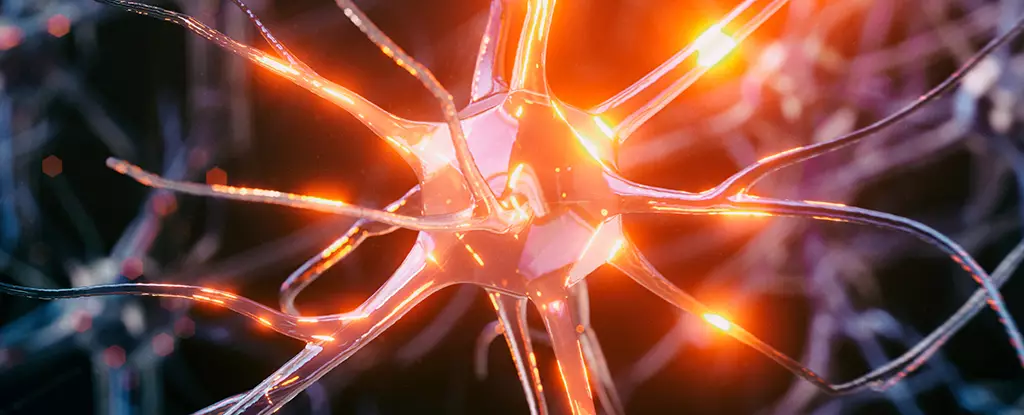In a groundbreaking clinical trial, researchers from Belgium have discovered that a transfer of healthy bacteria from one person to another via fecal transplants could potentially improve symptoms of Parkinson’s disease. The study found that patients who received fecal microbiota transplants (FMTs) from healthy donors showed mild but significant improvements in motoric symptoms over the course of a year. This finding has opened up the possibility of developing related treatments to slow the progression of the disease.
The study involved a total of 46 early-stage Parkinson’s patients, with 22 receiving fecal transplants from healthy donors and 24 receiving a placebo. The transplants were administered through the noses of the patients to reach their small intestine. Follow-up assessments were done up to a year after the procedure, revealing improvements in motor scores and a slower development of constipation among those who received the transplant. The results were only noticeable after the 6-month mark, indicating a gradual but significant impact.
The research team believes that the improvements in symptoms could be attributed to changes in gut movement, highlighting the potential of FMT as a valuable new treatment for Parkinson’s disease. The findings offer hope for millions of people worldwide who are affected by the condition, suggesting a safe, effective, and cost-effective way to enhance their quality of life. The study also pointed out the connection between gut microbiota and Parkinson’s, emphasizing the need for further research to determine the specific bacteria that have a positive impact on the disease.
While the exact mechanisms behind the beneficial effects of fecal transplants on Parkinson’s symptoms remain unclear, the study sheds light on the potential role of gut bacteria in the disease’s progression. Previous research has suggested a link between changes in the gut flora and the risk of neurodegeneration responsible for Parkinson’s. Scientists are now focused on identifying the specific bacteria that could influence the condition, paving the way for targeted treatments and personalized therapies in the future. Securing funding for further research will be crucial in unraveling the complexities of the gut-brain connection in Parkinson’s disease.
The use of fecal transplants as a novel approach to improving Parkinson’s disease symptoms represents a significant breakthrough in the field of neurology. While the concept may seem unconventional, the promising results of the recent clinical trial demonstrate the potential benefits of this treatment modality. With ongoing research and advancements in gut microbiome science, we are moving closer to understanding the underlying mechanisms of Parkinson’s and developing more effective interventions for patients. The future of Parkinson’s treatment could be revolutionized by harnessing the power of healthy gut bacteria through innovative therapies like fecal transplants.


Leave a Reply